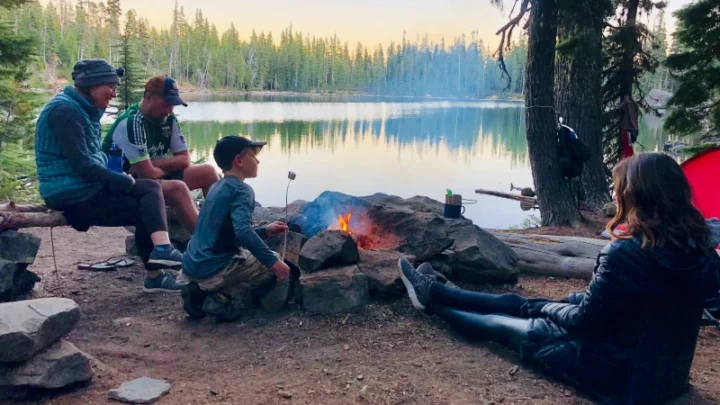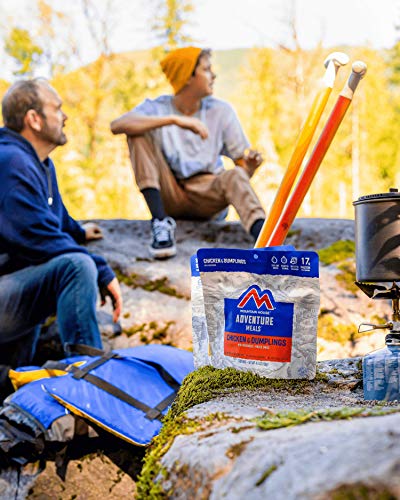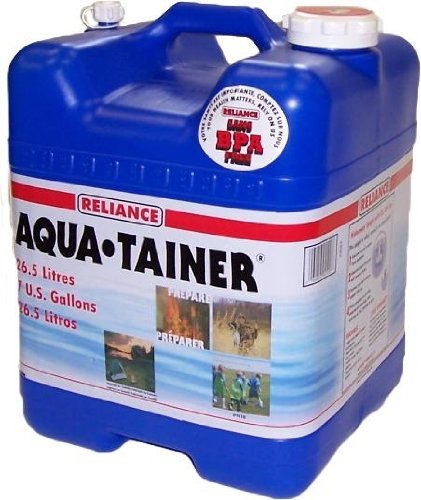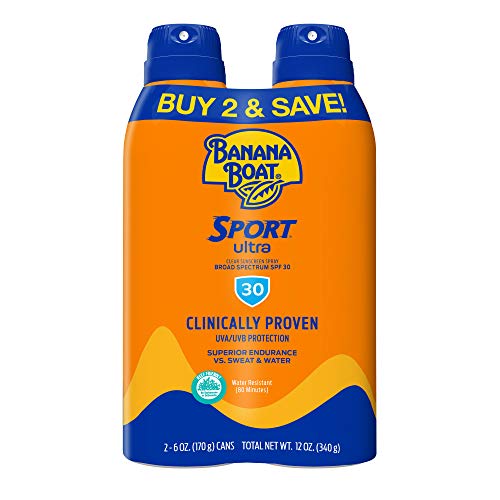Disclosure: This post may contain affiliate links, meaning we get a commission if you decide to make a purchase through our links, at no cost to you. Please read our disclosure for more info.
Camping with the persons significant to an individual’s circle creates beautiful, unforgettable memories, especially for the little ones. It helps children develop a sense of adventure since they immerse themselves in a new environment. Camping also promotes the strengthening of the family bond and fosters a healthy lifestyle.
Kids and teenagers who camp frequently develop self-confidence and worthwhile skills which are beneficial for their survival. It enhances their problem-solving skills and appreciation of nature. While camping out has a lot of benefits for the whole family, it should still be full of excitement.
If you’re about to go on a trip with your family, here are some tips that’ll make the experience a lot more memorable.
In This Post:
Planning Is #1 on the List
The key to a perfect camping trip is planning. It makes you and your family more prepared to deal with the problems that may arise along the way. Plus, planning helps make sure that you have everything you need before hitting the road.
There are four essential things that you should note in planning your camping with the gang!
Choose the Right Destination
This step may be confusing, especially if there are many options at hand. However, if you have kids traveling with you, consider a child-friendly and safe destination. It should be somewhere that your children will enjoy. Also, the campground must be comfortable.
Indeed, camping is not meant to be super cozy and homely. However, it’s still a good idea to make sure that the area has clean toilets, water, and open spaces that can serve as the kids’ playground.
Prep Meals Beforehand
The second thing to do during the planning stage is meal prepping. Know how many days your camp will last and from there, count the number of meals you need to prepare. After which, figure out the dishes you want to cook and how you will cook them outdoors.
It’s a good idea to do all the prep work before the trip, such as cutting and chopping ingredients. This way, you won’t have to buy other bulky utensils like chopping boards. Plus, there is no guarantee that there will be a suitable sink to prepare your food on the camping site.
After prepping the food, you can place it inside tightly sealed bags like zip locks and freeze it overnight. Also, do not forget to pack some grab-and-go snacks for the kids! By the next day, you can take them out and put them in a cooler to maintain the freshness of the food.
Plan Your Activities
Your camping trip should be your family’s time off from using gadgets, playing games, and browsing social media. To entertain the kids and divert their attention from playing online games, plan exciting activities for all. There are a lot of games ideas to choose from on the web. You can do a scavenger hunt, squirt gun races, water relay, flashlight tag, or hiking stick limbo.
Make a Checklist of Necessary Equipment
To know that you are ready to camp with the family, here necessary things to pack:
- Storage bins are sturdy enough when converted into a chair
- Tent, sleeping bag, and inflatable mattress
- Hammock or foldable camping chairs
- Extra blankets, shading or tarp, and foam pads
- Clothing for different weather
- First-aid and medicine kit
- Insect repellent
- Eco-friendly sunscreen and soothing aloe gel
- Portable speakers for dance and music parties
- Board games or cards
- Propane stove, fuel, cooking utensils, and pan
- Soap (biodegradable)
- Trash bags
- Paper towels
- Flashlights and headlamps
Pack Lots of Glow Sticks With You
There are two primary reasons you should bring glow sticks with you — survival and safety. Glow sticks can help you avoid accidents like tripping and falling by placing them on tent poles, stakes, and ropes. If you have kids and pets with you, you can attach the glow sticks to see them during the night.
It can also serve as trail markers or night lights inside your tent. However, glow sticks are very sensitive to temperature. In cooler environments, glow sticks do not appear to have a dazzling glow when the temperature is 80 degrees Fahrenheit or warmer.
Here is why you should opt for glow sticks during camping:
- Non-toxic
- There is no risk of fire
- Make no heat
- Waterproof
- No power is required, and it provides light without batteries or energy
- Bugs won’t get near it
- It cannot cause light pollution to bother others in your vicinity
Do Not Over-Pack
You do not have to bring your entire house with you while camping. Remember that the beauty of being in camp is that your family can learn how to be resourceful to survive and appreciate nature’s comfort.
Travel and camp light. Bring only the necessities of your family. Make sure that you have packed the right gears and paraphernalia listed above. You can follow the one-shirt-per-day rule for adults and teen family members and reuse your bedtime clothing.
To have an idea of the type of wardrobe you need to prepare, better check the weather for the next couple of days. Preferably, clothes should be in darker shades to hide the stains, but avoid packing denim. But also consider bringing layers to be ready for cooler nighttime temperatures.
Try to bring only one pair of hiking boots and one pair of open sandals or slippers. And, when it comes to toiletries, it is better if you have a toiletry bag. It is a more compact way of putting your shampoo, deodorant, toothbrush, toothpaste, comb, and other shower needs all in one place.
Do Not Forget the Basics
We have already itemized all the gears needed for camping. But, never forget the basics!
Keep the Water Flowing
Make sure that each family members have their water bottle with them. The bottle should be reusable, easy to carry, and, of course, full of water!
Aside from the smaller containers, it would be best if you had a large one full, too. Yet, never forget to bring a water filter and purifier system. It will become advantageous when there has no accessible drinkable water source in the camping ground.
Beat the Heat
Dehydration is no fun, but so is having sunburns! Invest in protective clothing. Bring hats, sunglasses, and sunblock that can block the rays of the sun. Choose an eco-friendly sunblock. Find a sunscreen formula with no oxybenzone, octinoxate, homosalate, or octocrylene. Do not use a sunblock that contains the said chemicals when you swim in the bodies of water. They have the power to harm the aquatic species in the area.
Remember that sunblock should be reapplied throughout the day. According to the Environmental Working Group (EWG), look for broad-spectrum protection with at least SPF 30 in any sunscreen you use.
We recommend that you should reapply every two hours or immediately after intense sweating or swimming. A “broad spectrum” sunscreen protects against both UVA and UVB radiation. To avoid forgetting the reapplication, setting the alarm might help.
Do Not Leave the Food Unattended as Well as Leftovers and Crumbs Behind
Before camping, orient everyone in the family (especially the kiddos) about CLAYGO or Clean As You Go. Leftovers and crumbs that you fail to pack away can attract tiny insects like ants to your camping ground. You do not want to go home full of insect bites.
Create a tent trash can to dump all your garbage and leftovers after a meal. Hanging a black plastic trash bag alone is unreliable since it can be blown away by the wind. You can use a laundry basket or an empty bucket. Put the trash bag inside. And there you have your pop-up trash can.
Another reminder: do not leave your remaining food supply outside during the night. Not only will it attract insects but also the gigantic beasts out there. More so, if you are camping in a bear country. The safest thing to do is lock your food in the car before bed or after dinner.
Camp With Tents and Tarps
A camping tarp is a waterproof fabric that can shade when hung or tied using ropes, poles, and stakes. There are a lot of benefits that come along with bringing a tarp into the camp. Tarp weighs less since it is made of a durable, lightweight Dyneema material. You can also fold it into smaller sizes during packing.
Tarps are also multipurpose; aside from bringing shade to you and your family members, you can use them as a mat on wet ground. But of course, the primary purpose of getting a tarp aside from the tent that you have is to let you cook for the family despite whatever weather.
It is also not desirable if it rains the whole day and the family stays inside the tent the entire day, too. Having a tarp set up outside the tent makes you and the entire family enjoy the scenery and nature even though there is rain. Kids can also continue playing outside the tent with the help of your tarp.
There also be days when you can feel the scorching heat of the sun. Avoid your tent from getting fried by using a reflective blanket. This blanket deflects the sunlight, preventing your tent from getting too hot inside.
Practice With the Family
It might be overwhelming to the little ones when you bring them into an environment new to them. You do not want to deal with tantrums in your entire camping. Do a backyard camp-out with them.
You can set up a projector screen to let the total family experience an outdoor movie marathon experience is like. Try to make them appreciate the outdoors, the stars, and the breeze. Also, in this way, it will not be their first time sleeping inside the tent when they go on the camping trip. Never forget to teach them your SOPs in the family to avoid panic when they are scared.
Take this as an opportunity for you to practice setting up the tarp and the tent, using your portable stove, and trying out your camping gears. It will not be hard to set up this paraphernalia during camping when you have already practiced handling them at home. Remember that things may seem more challenging in the camping ground than in your backyard. Thus, practice makes perfect.
Additional Tip
When you own an RV and have kids with you, it is better to bring an RV generator. It will provide the little ones a more comfortable sleep knowing that you have the luxury of electricity at hand. Buying one should not be done hastily. While there are a lot of brands claiming to be offering the best generator for camping, it is better to research thoroughly. Consider the capacity, wattage, and buyer feedback of every generator model.
Final Thoughts
Camping does not have to be a pain for your family. As long as you have adequately prepared for your family’s necessities beforehand, then there is nothing to be worried about. Remember the following during the preparation:
- Planning is the key. Prioritize planning your meals, activities, and camping destination
- Glow sticks can save lives
- Do not bring the entire house with you. Camp light, carry only what’s needed
- Do not forget the basics — sunscreen, water, and water filter
- Practice CLAYGO every after finishing meals. Crumbs attract creatures to your campsite
- Lock your food inside the car during the night
- Bring tarps along with your tents
- Do a mock camp-out with the family in your backyard
You now have an idea to improve your camping conditions. After ticking all these tips on your list, you can already say goodbye to uncomfortable, sleepless camping nights. Say “hello” to a fun-filled camping trip with your family.






